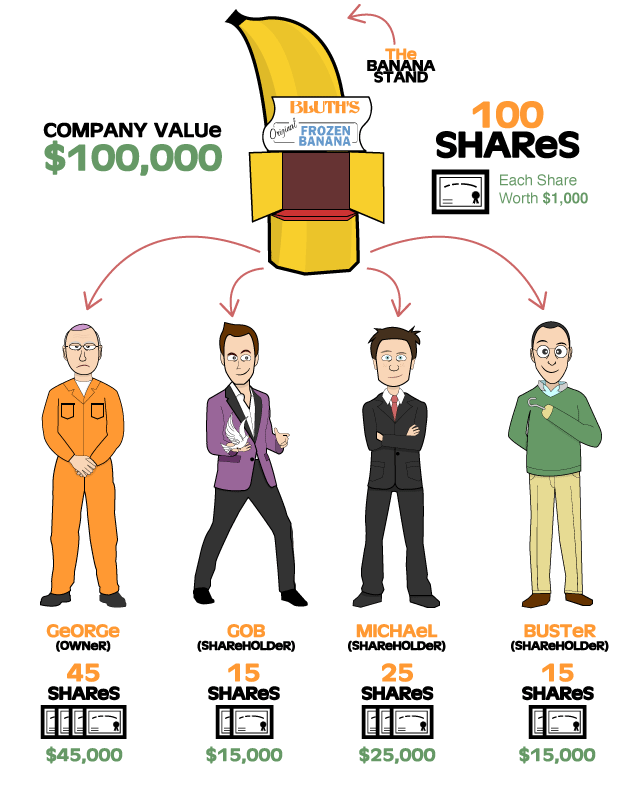If the idea of buying the stock market terrifies you, you are not alone. Individuals with really minimal experience in stock investing are either horrified by scary stories of the average financier losing 50% of their portfolio valuefor example, in the 2 bearishness that have currently occurred in this millennium or are seduced by "hot tips" that bear the guarantee of huge benefits but hardly ever pay off.

The reality is that purchasing the stock market brings danger, however when approached in a disciplined manner, it is one of the most effective methods to develop up one's net worth. While the worth of one's house normally represents most of the net worth of the typical specific, most of the affluent and really abundant evernote.com/shard/s543/sh/ac9244e0-4f4c-a7c7-2712-7205b1d2d99f/15b209b33f2dbd6182aed646517a80ae normally have most of their wealth invested in stocks.
Secret Takeaways Stocks, or shares of a business, represent ownership equity in the firm, which give investors voting rights in addition to a recurring claim on corporate profits in the type of capital gains and dividends. Stock markets are where specific and institutional financiers come together to buy and sell shares in a public location.
A specific or entity that owns 100,000 shares of a company with one million exceptional shares would have a 10% ownership stake in it. Most business have outstanding shares that encounter the millions or billions. Typical and Preferred Stock While there are 2 primary types of stocktypical and chosenthe term "equities" is associated with typical shares, as their combined market worth and trading volumes are numerous magnitudes larger than that of preferred shares.
Preferred shares are so named because they have choice over the typical shares in a business to receive dividends As properties in the event of a liquidation. Typical stock can be more categorized in terms of their voting rights. While the fundamental facility of typical shares is that they must have equivalent voting rightsone vote per share heldsome business have double or multiple classes of stock with different ballot rights connected to each class.